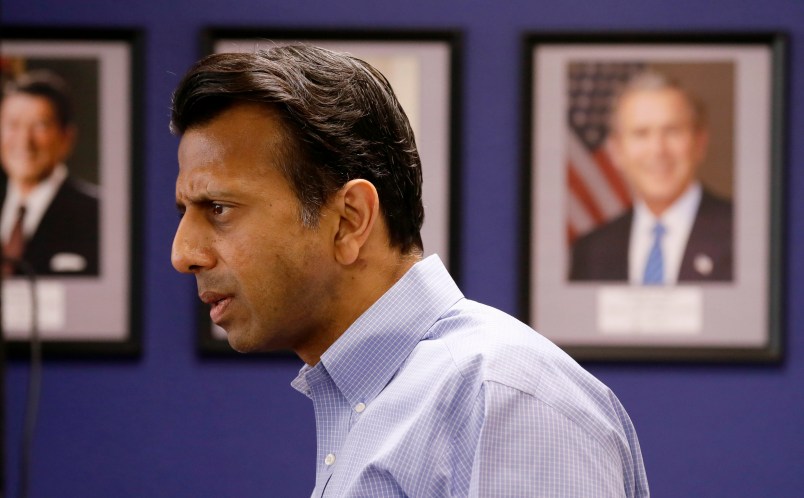As I wrote on Friday, the craze to refuse to name the names of mass shooters is a grand form of evasion. Unable to address the actual causes of mass gun violence we stumble around for some feel-good nonsense that allows us to pretend we’re taking action. But you can see the same drive expanding in other directions as well: even to the level of blaming the victims themselves.
Ben Carson says if he were the target in a gun massacre he’d get together with the other people who were targeted and rush the gunman. Some might get hit and incapacitated or killed. But probably a few would get through and be able to tackle the shooter.
That’s beautiful.
It’s amazing that we’re actually getting to the point of blaming the victims of these massacres. That’s really what it is. There’s no hyperbole about identifying this. Carson is saying that these 9 people and the others who were injured but didn’t die just didn’t get their shit together quick enough to do something.
Depending on distance, weapons, number of people involved, this might well be possible. Indeed, if you can get a dozen people to rush someone with a gun there’s a good chance you can overpower him.
But let’s spend a few moments with the obvious.
It is really, really hard to rush someone with a weapon when you’re unarmed. We might all aspire to have that kind of physical bravery. Certain people with extensive military training have had the practice and/or experience under fire to do it. One the shooting victims actually did just that. And that is amazing. He’s a genuine hero. But let’s note: he wasn’t able to stop the attack and he got shot multiple times. He was genuinely lucky to have survived.
People have a really hard time charging someone with a weapon.
Just as important and just as obvious, the gunman has the element of surprise on steroids. That’s the whole idea. A dozen people who either don’t know each other well or don’t know each other at all have great difficulty deciding on a course of action within seconds under live fire. I mean, really people, this is the most friggin’ obvious point in the world.
The best known counter example comes with the passengers and crew of Flight 93 – the fourth jet in the 9/11 attacks, which was probably destined for the US Capitol. They rushed the hijackers and managed to thwart the attack by downing the plane. None of these people knew each other. But they were able to band together and – though they were not able to retake control of the plane – they prevented a massive number of deaths and an indescribable national loss in the destruction of the Capitol. But what is notable is that these heroes had time to fully grasp what was happening, to learn from news reports and phone calls that their position was hopeless and to take action.
This is not at all like having some raging looser burst into your classroom and open fire. Nothing like it.
Yes, if you or I were faced a mass shooting incident, depending on the precise circumstances, there’s a good chance our best chance of survival might be to all rush the gunman at once. But to suggest that that is what you actually would have done (unlike a bunch of dead people who didn’t) represents an almost unimaginable level of arrogance and unconscionable disrespect for the dead and their grieving families. It’s nothing short of disgusting as a thing to say under the circumstances.
Then there’s Bobby Jindal, a genuine moral reprobate. Since Mercer’s father made a gun control statement after the shooting, Jindal says Mercer’s father is a “failure” who “owes us all an apology” for having the temerity to question America’s gun laws since he is actually at fault.
Now, the father of a monster like Mercer isn’t first in the sympathy line. But he’s not out of the line either. His son is not only dead but he has to grapple with the fact that his son committed such a horrible crime. So I think we can put the decision to denigrate him as a personal failure who bears partial responsibility for the massacre down as something you need to be a pretty awful person to do.
But the larger pattern is what really bears noting: gun extremists may not be in the same sort of denial as the general population. But beyond the non-naming nonsense, even they don’t seem capable of just saying, “Wow, it’s terrible that happened. I feel terrible for everyone involved.” Even they need to come up with nonsense and evasion to look away from the obvious. So they attack the victims for not getting it together to protect themselves or they issue vicious personal attacks against the shooter’s dad – who isn’t the killer and has a right to express his opinion.
As it does in our personal lives, denial is a toxic action. It not only shields us from the truth. It leads us to embrace lies and very sorts of additional cruelties and evils to sustain those lies.
We will undoubtedly see more of this.






